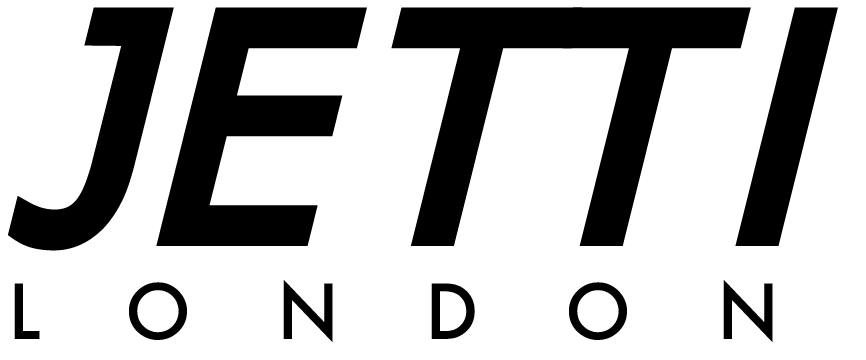Atelier Tammam + Sustainability
We met Lucy who owns Atelier Tammam during London Fashion Week. We caught her eye because we had the Positive Fashion* logo displayed on our stand. Atelier Tammam is a couture atelier producing their own designs with a boutique in the front of the shop carrying ready-to-wear brands. She approaches her own atelier with a sustainable angle stocking like-minded brands for her boutique.
Although we don't necessarily brand ourselves as such, practicing sustainable and responsible manufacturing is a huge part of what we do. Sustainability goes way beyond using organic cotton or recycled fabrics (although using them can help in some ways, there are still limitations and drawbacks of doing so). There are a lot of processes to be aware of that contribute to the waste during clothing manufacturing and need to be monitored i.e. the amount of water used in growing cotton, the amount of water used in washing/dyeing the fabric, the chemicals included in the dyes and if the resources used can be broken down and be clean enough to to go back into the environment or be reused. Even if something is labeled as "organic" you still have to be aware of the amount of water it consumes (which can sometimes be more than your standard treated cotton) as well as any chemicals used during the dyeing process. It's a tricky issue that hasn't found a perfect answer yet. I think the best we can do is inform customers what's involved in the process and hopefully brands will do their part monitoring their supply chain and ensuring their suppliers have some sort of system and initiative in place to continue to reduce their impact.
I think another small step towards a solution would be to buy less and buy better. This would alleviate the millions of pounds of clothing waste in landfills each year. This could mean curbing that desire to have something instantly (where you may wear it once or twice then sit in your closet for ages before it gets tossed). It could mean saving up money to buy something more expensive that will last longer. It could mean staying away from fast fashion. It could mean buying more classic styles and avoiding trends that you know you won't be wearing next season. Consumers should know that clothing manufacturing is a majority manual labor industry. Each piece of clothing you own is made by someone, most likely several people. Clothing shouldn't be cheap. It should be worth the amount of properly paid labor and quality materials.
This brings us to how we implement sustainable practices in our supply chain. Our fabric supplier based in Turkey currently grows cotton about 6km from their manufacturing/weaving facility meaning they don't have to ship cotton from halfway across the world to their factory to be spun. The water and chemicals they use during the washing/dyeing process can be recycled and broken down to be reused. Not only is this good for the environment, it's great for their bottom line as they save money by reusing resources. A nice bonus about this supplier is that they have 57% of their upper and middle management filled by women. Girl power!
We chose to produce our clothing in Portugal partly because of their reputation for excellenct craftsmanship, but also because they are part of the EU and we know that EU members must comply with strict labor laws. Just to be sure, we visited the factory to make sure it was up to snuff. Lucky for us, it was! They work with neighboring recycling organizations to pick up their waste material such as paper and fabric scraps. I was pleasantly surprised that they also work with a nearby primary school to give their scraps for arts and crafts for the students. How quaint! Also they work with the Green Dot system that works to recover and recycle packaging waste.
With all that said, we're happy to announce that we'll be partnering with the lovely and sustainably minded Atelier Tammam who'll be carrying a few of our pieces.
Atelier Tammam, 5 Hastings Street, Bloomsbury, London, WC1H 9PZ
*Positive Fashion is a British Fashion Council initiative to promote positive change within the fashion industry through best business practices in areas such as sustainability, model health & diversity, and local manufacturing and craftsmanship.
Read more about Positive Fashion here.

